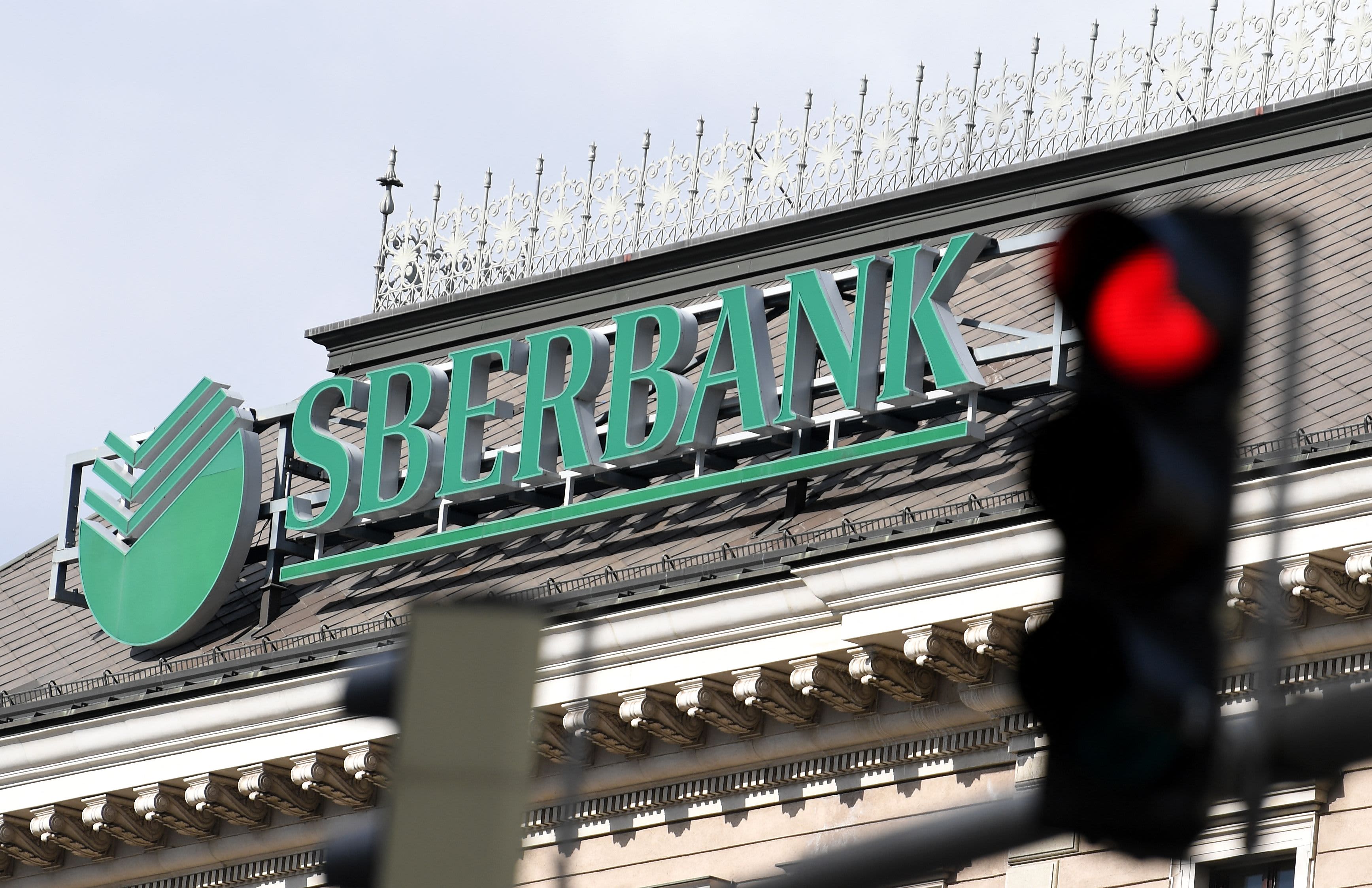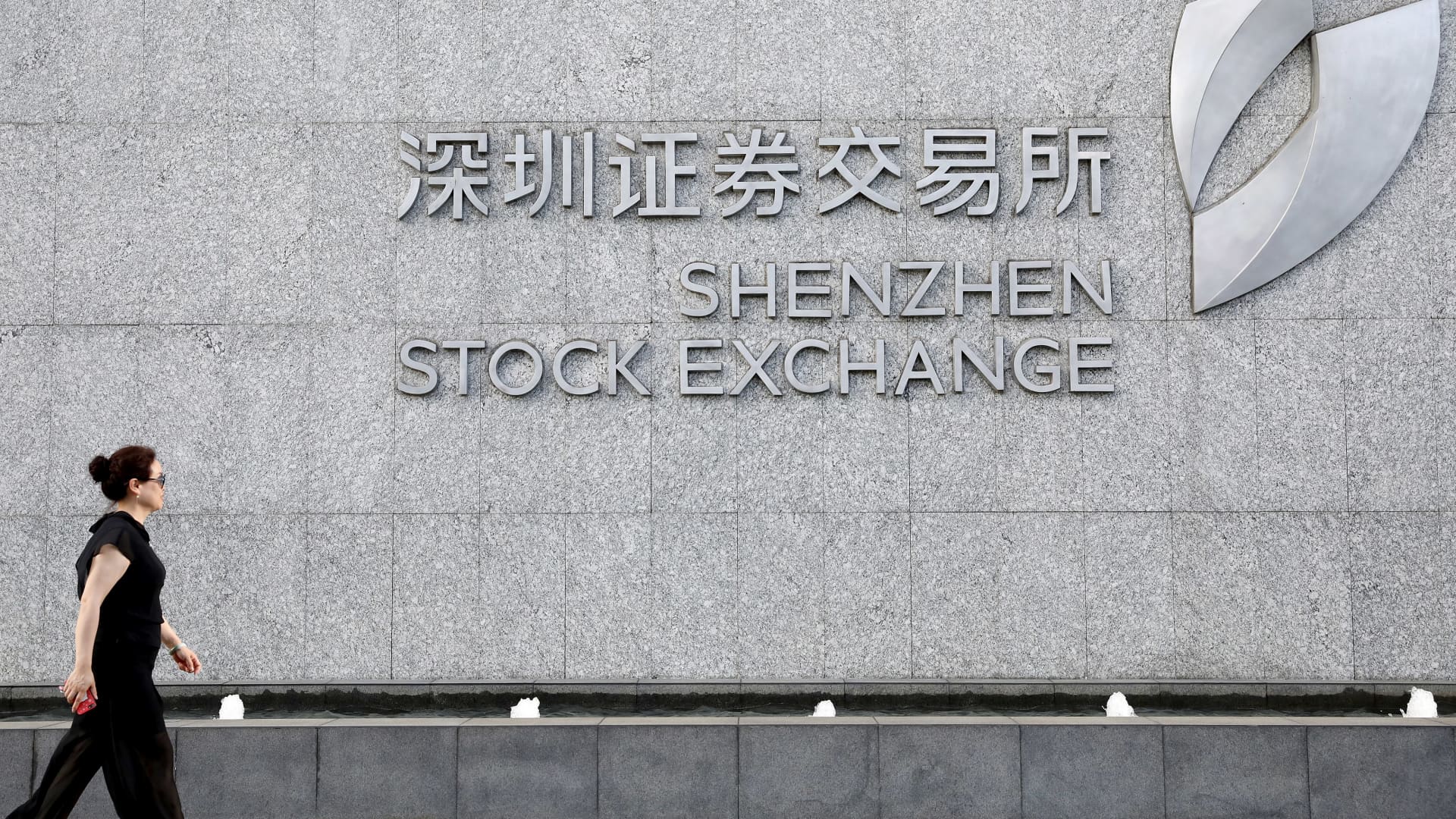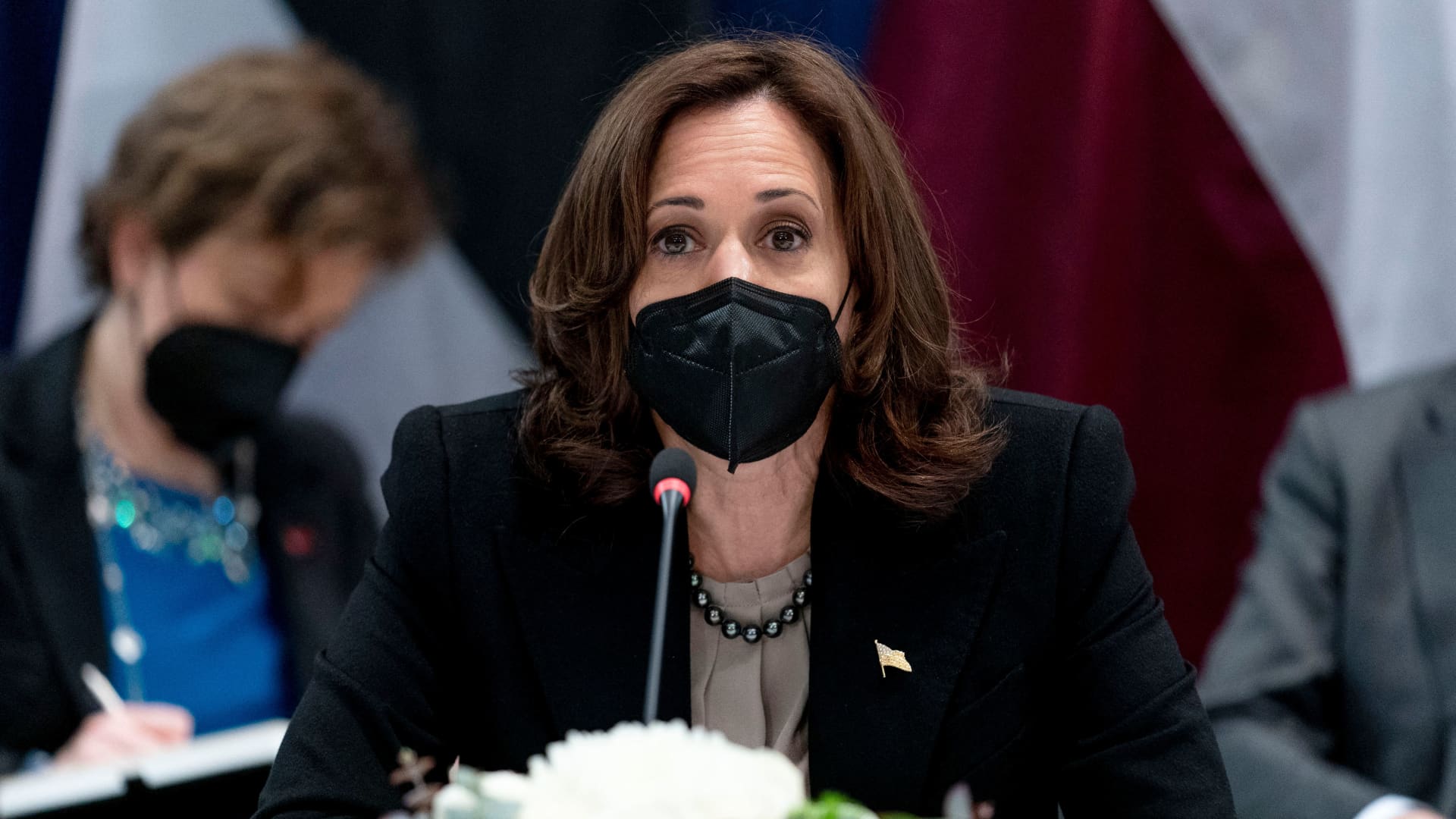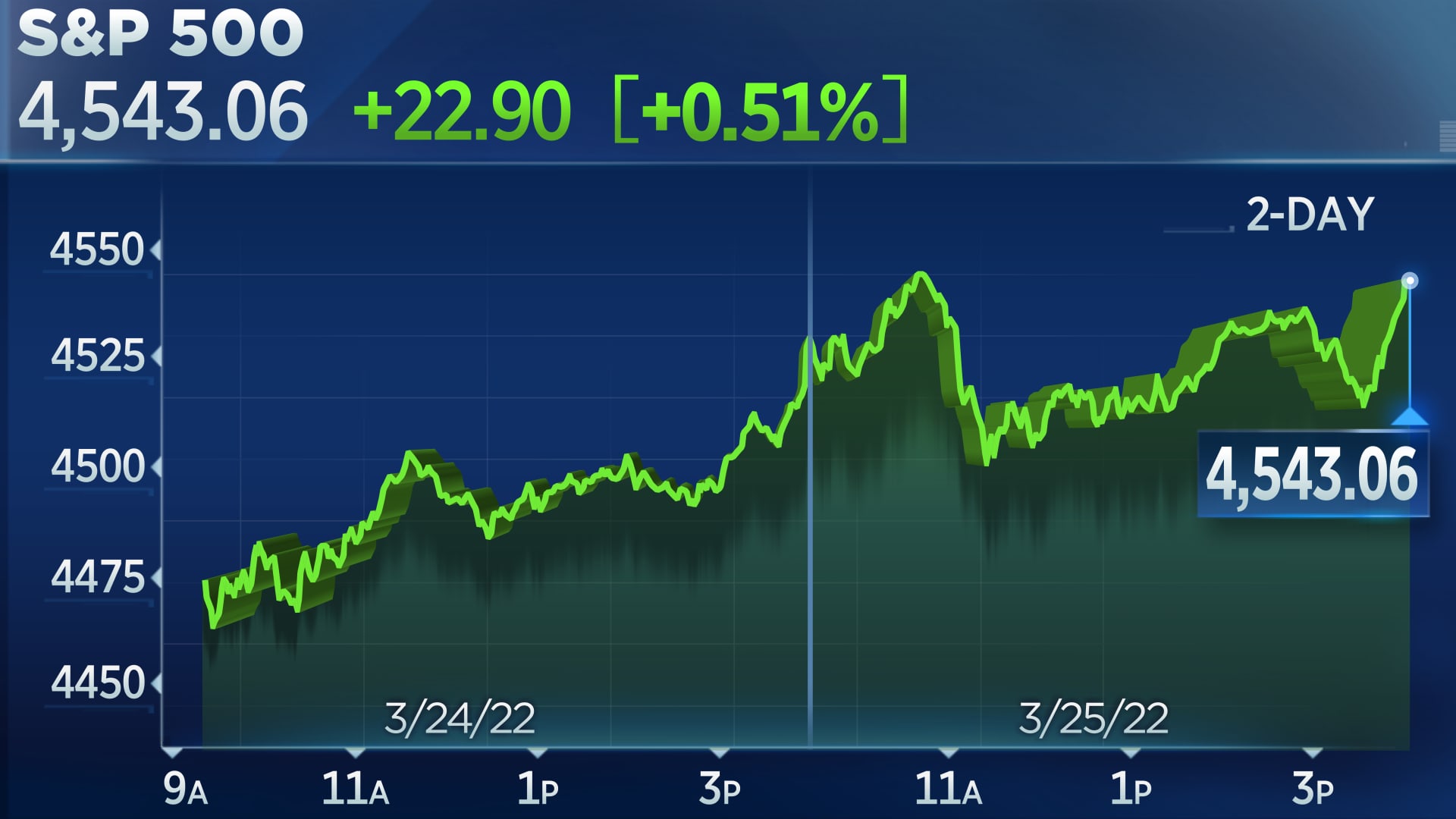Chamber of Commerce gets nearly half its funding from those who give at least $1 million
Big-money donors dominate the U.S. Chamber of Commerce's fundraising, prompting questions about how well the group represents small business.

The U.S. Chamber of Commerce seal is displayed during restoration at the headquarters in Washington, D.C.
Andrew Harrer | Bloomberg | Getty Images
The U.S. Chamber of Commerce pitches itself as representing the interests of millions of businesses of all shapes and sizes.
But lately its funding has been largely fueled by donors who have given at least $1 million to the lobbying giant, according to a new study first shared with CNBC.
The chamber's 501(c)(6) nonprofit organization raised just over $93 million in 2021 from donors who gave $1 million or more, according to the study, which was produced by watchdog group Public Citizen. Just 1.4% of the donations that year "provided more than a quarter of the Chamber's itemized contributions," according to the study. The business lobby group raised $197 million in 2021.
The chamber, according to the study, brought in 18 contributions from those who donated anywhere from $2 million to over $4 million. The report says that the group raised around $54 million from those big-money contributors alone.
The data comes from Public Citizen's review of the Chamber of Commerce's most recent tax forms, which show how much the group raised and its overall assets in 2021.
The data proves the chamber focuses more of its advocacy on big business and not necessarily small businesses, said Lisa Gilbert, executive vice president at Public Citizen.
"How many dry cleaners, pizzerias, or mom and pops shops can afford to give the chamber hundreds of thousands of dollars? It's not happening," Gilbert said. "Instead of representing the interests of Main Street, the chamber represents the interests of Silicon Valley and Wall Street. We expect its top donors are among a who's who of Big Tech, Big Oil and other highly consolidated industries."
Kasper Zeuthen, a spokesman for the group, told CNBC the vast majority of the organization's members are small businesses.
"The U.S. Chamber of Commerce's governing board consists of small business owners, the heads of state and local chambers of commerce, mid-size businesses, and representatives of some of the nation's most successful companies," Zeuthen said in an email. "As we have for over a century, the Chamber represents the depth and breadth of the American business community. And like America, the vast majority of our members — 90% — are small businesses and state and local chambers of commerce."
He added: "We work every day to advocate for their interests and create the best possible business conditions for them. By all measures, our impact for them is substantial and small businesses are strongly engaged with the Chamber."
The tax records show that, while the group saw large contributions in 2021, Chamber CEO Suzanne Clark received a total compensation of $5.1 million that same year, including an incentive package of $3.75 million.
The study comes as the chamber faces criticism from key Republican leaders on Capitol Hill, including attacks by House Speaker Kevin McCarthy, R-Calif., and House Majority Leader Steve Scalise, R-La., after the lobbying group endorsed several Democrats running for House seats.
The chamber does not publicly disclose its donors. On its website it boasts that it's "the world's largest business federation representing the interests of more than 3 million businesses of all sizes, sectors, and regions." Its board consists of executives from companies such as Microsoft, 3M, Citadel, Virtu Financial, FedEx, Deloitte, Fidelity Investments, Caterpillar and U.S. Bank.
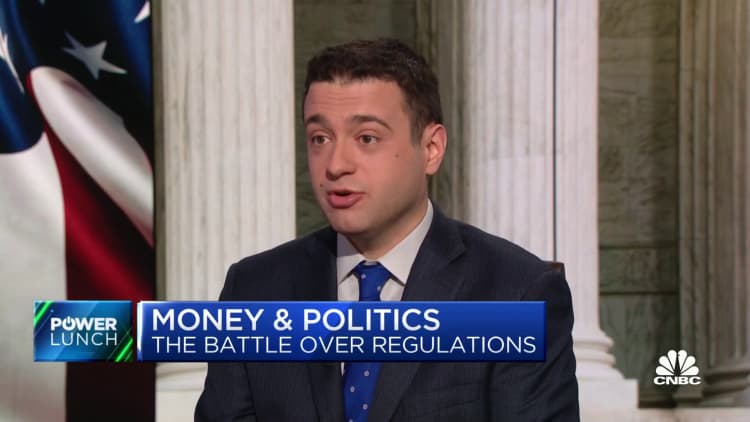

 Astrong
Astrong 







